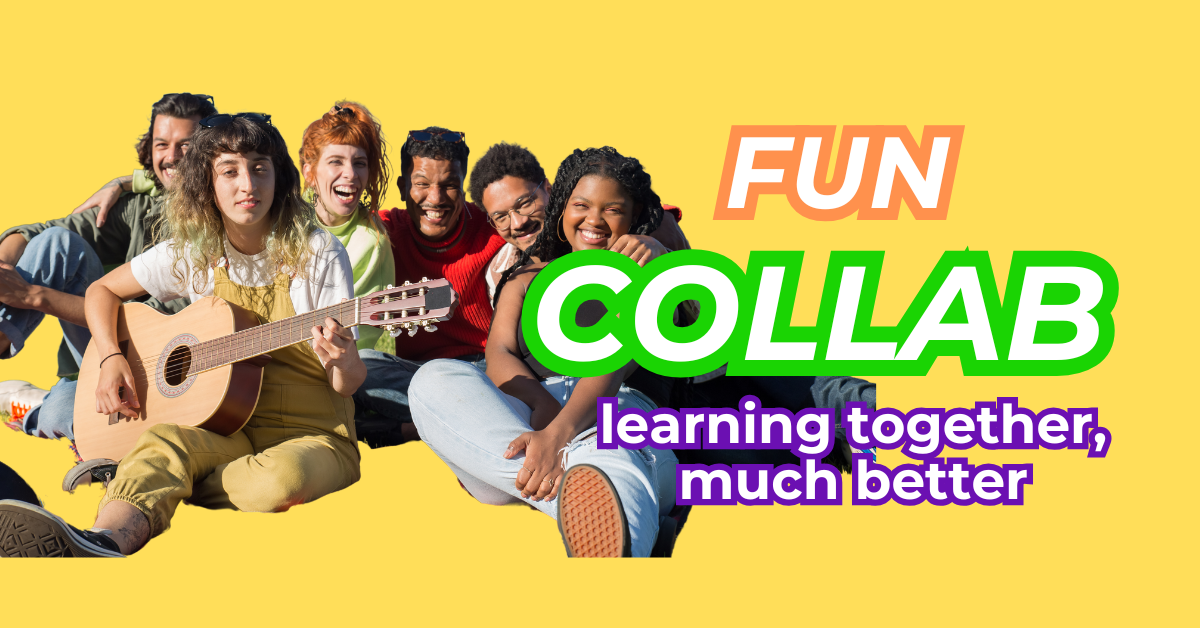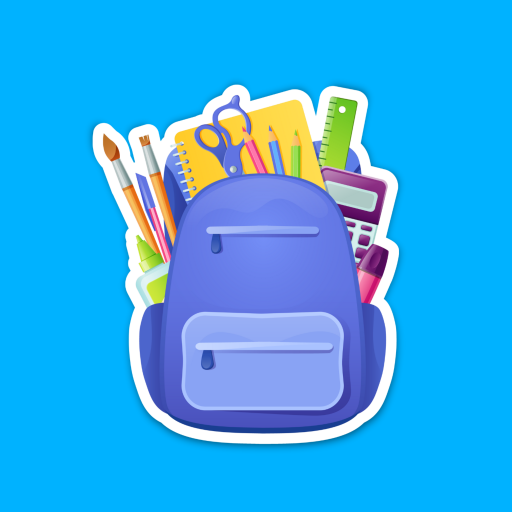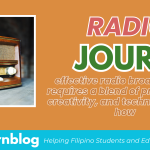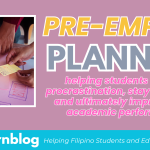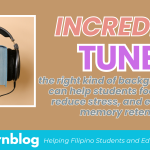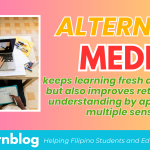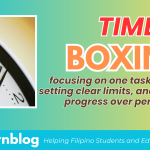Want to make your next review session more exciting? Call your friends and start collaborative quizzing. But, what is it?
Collaborative quizzing happens naturally
When quizzes and exams draw near, it’s natural for classmates to engage in discussions and ask each other questions about definitions and concepts related to their lessons. This collaborative effort not only helps measure individual understanding but also serves as a valuable way to reinforce knowledge.
Through these interactions, students gain a broader perspective on the material and learn study techniques from their peers. This shared learning environment fosters a sense of community, making preparation for exams a more interactive and less stressful experience.

Table of Contents
Addressing gaps in understanding
Collaborating with classmates provides an opportunity to identify and address gaps in understanding. When one student struggles with a specific topic, others can offer simpler explanations or alternative methods for mastering the material. These exchanges create a dynamic learning experience that benefits everyone involved, ensuring no one is left behind. Beyond academics, this teamwork also builds stronger relationships, improves communication skills, and cultivates a spirit of cooperation that’s useful in both academic and real-world settings.
Studying should not be a one-person task
Studying doesn’t have to be a solitary activity. Collaborative quizzing is an engaging way to review material while fostering teamwork and shared learning. By quizzing friends or creating challenges together, you not only test your own knowledge but also learn from others’ perspectives and approaches. This method transforms studying into an interactive experience, making it more enjoyable and effective.
Diversify learning
One of the benefits of collaborative quizzing is the ability to cover more material. When everyone contributes questions, the range of topics expands beyond what you might prepare on your own. For example, in a group studying for a history exam, one person might focus on important dates while another highlights key figures or events. This diversity ensures a comprehensive review of the subject matter and reduces the chances of missing critical information.

Instant feedback
Another advantage is the instant feedback that comes from group quizzing. As you answer questions posed by others, they can immediately clarify concepts or correct misunderstandings. This back-and-forth exchange deepens understanding and ensures accuracy. Additionally, explaining your reasoning to others strengthens your grasp of the material, as teaching is one of the most effective ways to solidify knowledge.
The excitement
Creating challenges together also fosters a sense of motivation and accountability. Friendly competition can inspire you to prepare thoroughly and perform your best. For instance, turning review sessions into games, such as trivia or flashcard battles, adds a fun element to studying that keeps everyone engaged. The shared goal of mastering the material encourages consistent effort and mutual support among participants.
Sharing of techniques
Collaborative quizzing is particularly effective for memorization-heavy subjects, like vocabulary or formulas. Group members can take turns quizzing each other, using creative methods like mnemonics or storytelling to help recall information. These shared techniques often make the material easier to remember, as they tap into collective creativity and problem-solving skills.
Mimics real exam
Furthermore, this method helps build confidence. Answering questions in a group setting mimics the pressure of real exams, preparing you to think quickly and accurately under stress. As you succeed in small challenges, your confidence grows, making the actual exam feel less daunting. The collaborative environment also provides emotional support, reducing the anxiety often associated with studying alone.

Adaptability
The adaptability of collaborative quizzing makes it suitable for any subject or learning style. Groups can tailor their approach based on the material, whether it’s solving math problems, practicing language skills, or analyzing case studies. Digital tools like online quiz platforms or shared documents can also enhance the experience, enabling virtual collaboration even when group members can’t meet in person.
Conclusion
In summary, collaborative quizzing turns studying into an interactive, dynamic process. By quizzing friends or creating challenges together, you not only review material effectively but also enjoy the benefits of teamwork, motivation, and shared learning. This approach fosters deeper understanding, builds confidence, and makes the journey of learning both productive and enjoyable.
